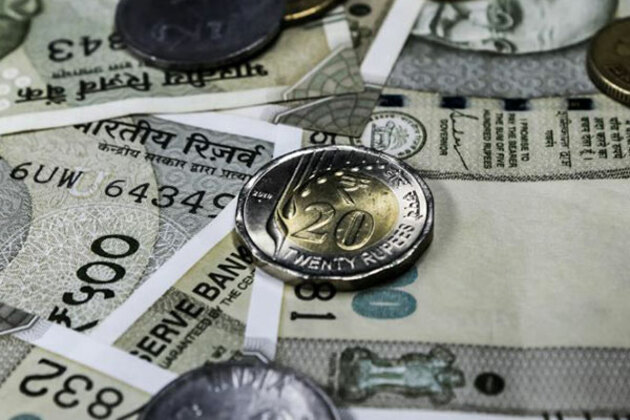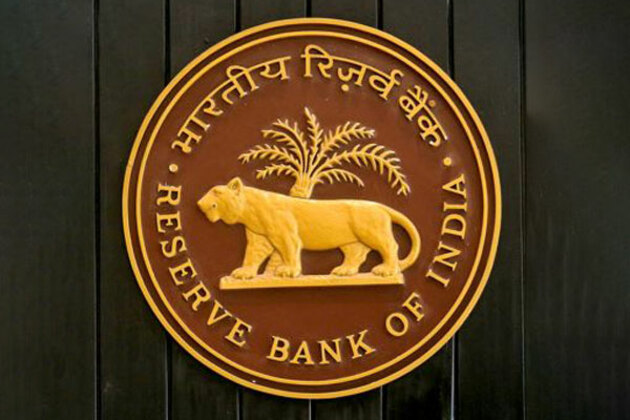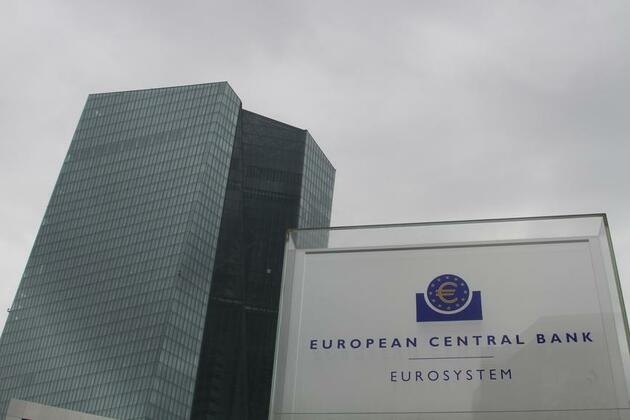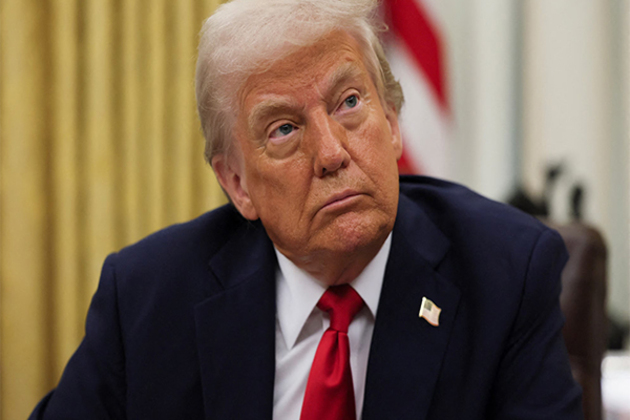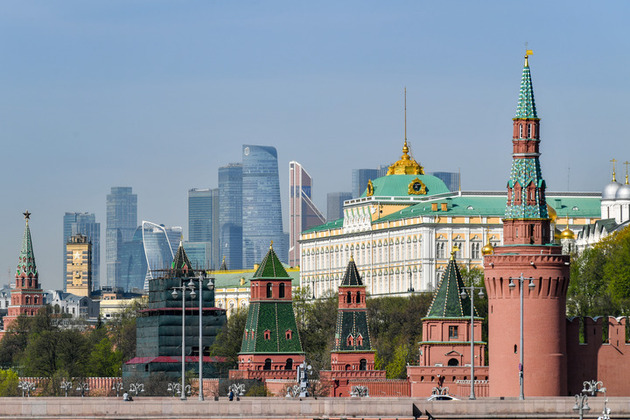As Global Economic Picture Dims, Solutions Seem Out of Reach
Voice of America
23 Aug 2019, 05:05 GMT+10

WASHINGTON - As global leaders gather on two continents to take account of a darkening economic outlook, this is the picture they face:
Factories are slumping, many businesses are paralyzed, global growth is sputtering and the world's two mightiest economies are in the grip of a dangerous trade war.
Barely a year after most of the world's major countries were enjoying an unusual moment of shared prosperity, the global economy may be at risk of returning to the rut it tumbled into after the financial crisis of 2007-2009.
Worse, solutions seem far from obvious. Central banks can't just slash interest rates. Rates are already ultra-low. And even if they did, the central banks would risk robbing themselves of the ammunition they would need later to fight a recession. What's more, high government debts make it politically problematic to cut taxes or pour money into new bridges, roads and other public works projects.
"Our tools for fighting recession are no doubt more limited (than) in the past," said Karen Dynan, an economist at Harvard University's Kennedy School.
The International Monetary Fund and the World Bank have downgraded the outlook for worldwide growth. On Thursday, Moody's Investors Service said it expects the global economy to expand 2.7% this year and next - down from 3.2% the previous two years. And it issued a dark warning: Get used to it.
"The new normal will likely continue for the next three to four years," the credit rating agency said.
Concerns are rising just as central bankers meet in Jackson Hole, Wyoming, and leaders of the Group of Seven advanced economies gather this weekend in the resort town of Biarritz in southwestern France. A spotlight will shine, in particular, on whatever message Federal Reserve Chairman Jerome Powell sends in a speech Friday in Jackson Hole.
The dour global outlook partly reflects President Donald Trump's combative trade conflicts with China and other countries. A realization has taken hold that Trump likely will keep deploying tariffs - and in some cases escalating them - to try to beat concessions out of U.S. trading partners.
"The trade uncertainty is here to stay," said Madhavi Bokil, senior credit officer at Moody's.
Squeezed by tightening protectionism, global trade is likely to grow just 2.5% this year, its slowest pace in three years, the IMF says. Manufacturers, whose fortunes are closely tied to trade, are struggling. J.P. Morgan's global manufacturing index dropped in July for a third straight month, hitting the lowest level since 2012.
The global funk also reflects the pull of gravity: The economies of Europe and Japan, fueled by central banks' easy-money policies, overexerted themselves a couple of years ago and are now returning to their more typical state: Sluggishness.
The IMF expects China's economy, the world's second biggest, to grow 6.2% this year - the weakest since 1990 - and just 6% next year. Trump's trade war is certainly a factor. The president has imposed tariffs on $250 billion in Chinese imports and is set to tax nearly $300 billion more before year's end. China's slowdown is also being orchestrated in part by the officials in Beijing, who are trying to contain lending to control the country's runaway debts.
And an economic chill in China sends shivers into the many countries - from copper-producing Chile to iron ore-making Australia - that feed Chinese factories with raw materials.
Then there's Europe. In the 19 countries that use the euro currency, growth slowed to an anemic 0.2% in the second quarter from the quarter before. The eurozone, which maintains close trade ties with the U.S. and China, has been sideswiped by the collision between Trump and President Xi Jinping. What's more, Trump has threatened to impose significant tariffs on European auto imports.
Even more than the tariffs themselves, uncertainty over whether the trade disputes will be resolved is chilling investment and purchasing. Despite cheap borrowing costs from central bank stimulus, investment in new plants is lagging - an ominous sign that bosses don't foresee future prosperity.
In Europe's usual economic powerhouse, Germany, the economy shrank 0.1% in the second quarter from the quarter before. If output should fall for a second straight quarter, , Germany would find itself on the verge of a recession.
Some of Germany's troubles originate closer to home. Its major automakers have been compelled to sink billions into technology to meet stricter emissions tests, and some have endured delays in doing so. BMW lost money on its car business for the first time in a decade in the first quarter. Daimler posted its first net loss since 2009 in the second quarter.
Brexit is another risk for Europe. Prime Minister Boris Johnson says the UK will leave the 28-country European Union and its free-trade zone on Oct. 31, with or without a divorce deal. Not knowing what will happen is a nagging source of uncertainty.
Facing such risks, the European Central Bank has signaled that it could launch new monetary stimulus as early as next month. As recently as December, the ECB had been confident enough in the European economy to halt a nearly four-year, $2.6 trillion euro ($2.9 trillion) bond purchase program. That optimism has vanished.
The U.S. economy, now enjoying a record-breaking 10-year expansion, still shows resilience. American consumers, whose spending accounts for 70% of U.S. economic activity, have driven the growth.
Retail sales have risen sharply so far this year, with people shopping online and spending more at restaurants. Their savings rates are also the highest since 2012, which suggests that consumers aren't necessarily stretching themselves too thin, according to the Commerce Department.
But Trump's tariffs loom over the U.S. economy. The import taxes he plans to impose on China on Sept. 1 and again on Dec. 15 are likely to hit ordinary Americans more than the earlier rounds of tariffs. Already, companies are delaying investments because they don't know where to put new factories, seek suppliers or find customers until they have a better idea where the trade disputes are going. "Uncertainty is high," said Eric Lascelles, chief economist at RBC Global Asset Management. "Businesses everywhere are sitting on their hands."
"All forecasts for the U.S. economy in the second half of this year and beyond are contingent on the trade war," Ian Shepherdson, chief economist at Pantheon Macroeconomics, concluded in a note Thursday.
For all the global gloom, RBC's Lascelles said policymakers aren't without options. Even with short-term interest rates near zero, central banks can aggressively buy bonds to pump money into the financial system - the so-called quantitative easing the Federal Reserve, the ECB and the Bank of Japan used to revive growth during and after the financial crisis.
And even with the heavy debt burdens, governments could capitalize on low rates to borrow cheaply if they decided to stimulate their economies with tax cuts or stepped-up spending, Lascelles said.
 Share
Share
 Tweet
Tweet
 Share
Share
 Flip
Flip
 Email
Email
Watch latest videos
Subscribe and Follow
Get a daily dose of Greek Herald news through our daily email, its complimentary and keeps you fully up to date with world and business news as well.
News RELEASES
Publish news of your business, community or sports group, personnel appointments, major event and more by submitting a news release to Greek Herald.
More InformationInternational Business
SectionShell rejects claim of early merger talks with BP
LONDON, U.K.: British oil giant Shell has denied reports that it is in talks to acquire rival oil company BP. The Wall Street Journal...
Trump-backed crypto project gets $100 million boost from UAE fund
LONDON, U.K.: A little-known investment fund based in the United Arab Emirates has emerged as the most prominent public backer of U.S....
Indian Rupee likely to trade in 85.25-86.25/USD range; India-US trade deal to support currency: BoB Report
New Delhi [India], July 2 (ANI): The Indian rupee is expected to trade in the range of 85.25-86.25 against the US dollar in the near...
RBI appoints Kesavan Ramachandran as new Executive Director
New Delhi [India], July 2 (ANI): The Reserve Bank of India (RBI) has appointed Kesavan Ramachandran as Executive Director of RBI with...
Eurozone inflation rate reaches 2 pct in June
The inflation is driven by the price of services, which recorded a yearly inflation rate of 3.3 percent in June, up from 3.2 percent...
Emirates layers on retrofitted aircraft with latest product, including Premium Economy to more cities
DUBAI, 1st July 2025 (WAM) -- Emirates will be layering on more retrofitted Boeing 777s and Airbus A380s on its existing schedules...
Mediterranean
SectionApple allows outside payment links under EU pressure
SAN FRANCISCO, California: Under pressure from European regulators, Apple has revamped its App Store policies in the EU, introducing...
Trump threatens Hamas with something worse
The US president has urged the Palestinian group to accept his Gaza ceasefire proposal US President Donald Trump has publicly warned...
Trump Urges Hamas To Accept Proposal For 60-Day Cease-Fire
US President Donald Trump urged Iran-backed Hamas militants to agree to what he called a final proposal for a 60-day cease-fire with...
TRKIYE-ANKARA-SYRIAN REFUGEES-RETURNING HOME
(250702) -- ANKARA, July 2, 2025 (Xinhua) -- Syrians shop at a local market in the Onder neighborhood of Ankara, Trkiye, on July 1,...
Israel agreed to finalise 60-day ceasefire in Gaza, says Donald Trump
Washington DC [US], July 2 (ANI): United States President Donald Trump on Tuesday (local time) said that Israel has agreed to the necessary...
Daily World Briefing, July 2
U.S. Senate passes Trump's landmark mega-bill The GOP-led Senate on Tuesday passed U.S. President Donald Trump's One Big Beautiful...



